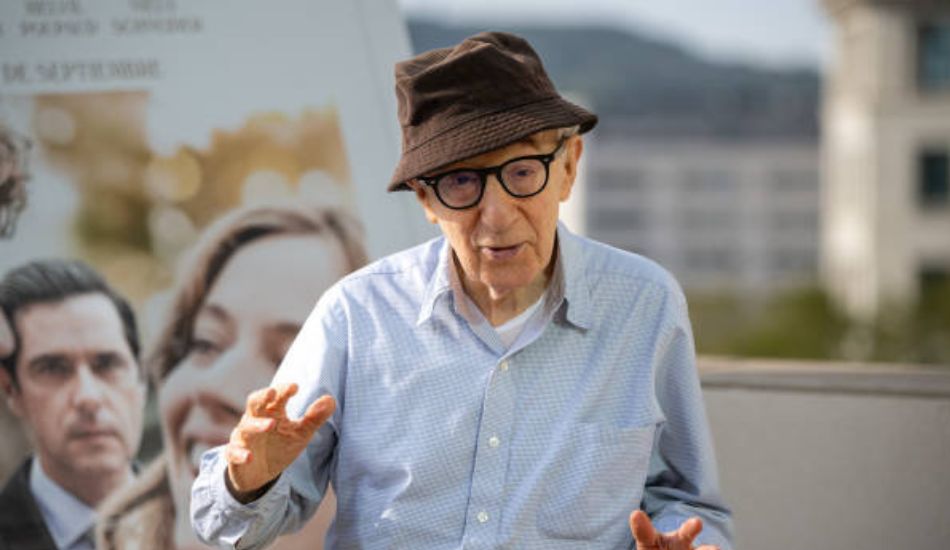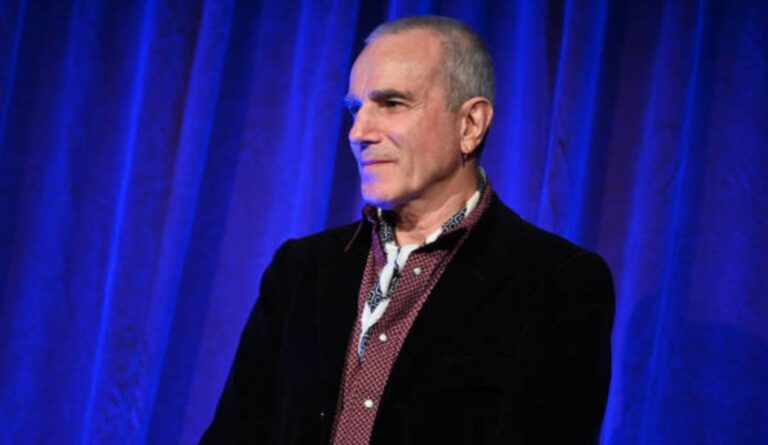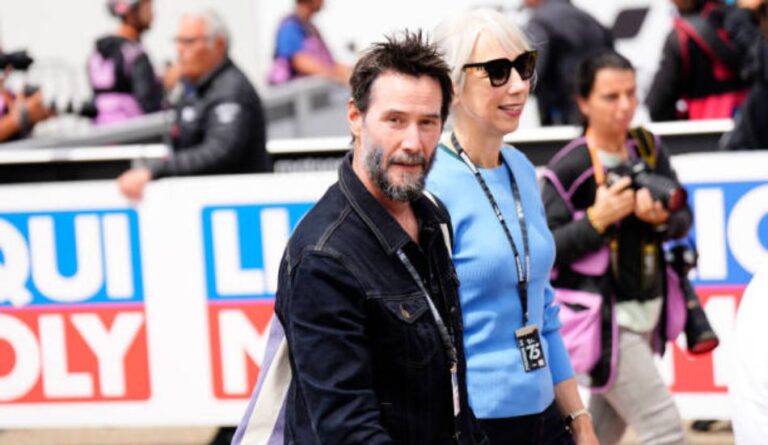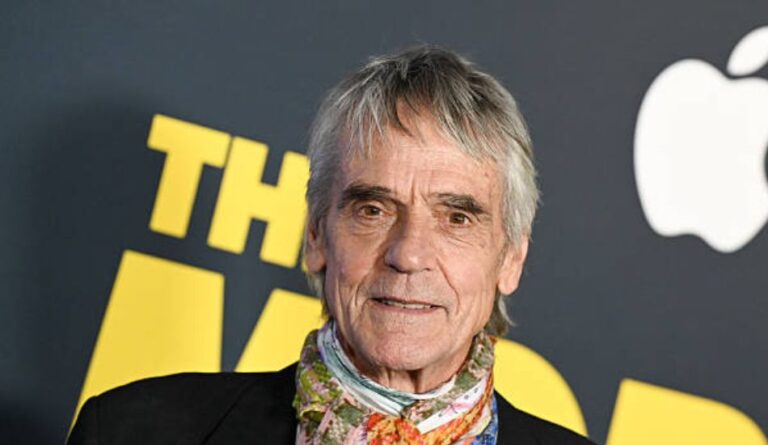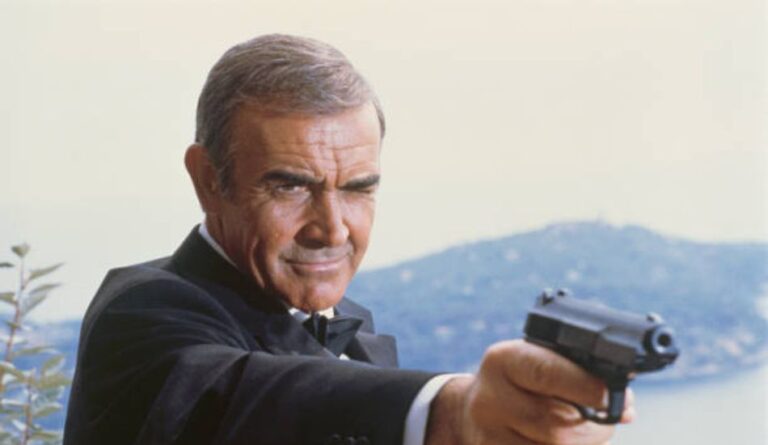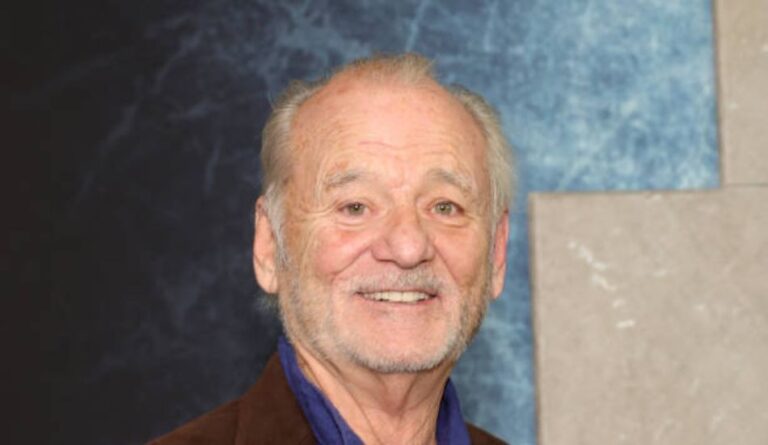Woody Allen Movies: A Legacy of Wit, Romance, and Cinematic Genius
Introduction
Woody Allen is a name that evokes strong opinions. Whether admired for his iconic contributions to cinema or scrutinized for his personal life, one thing remains clear—his creative output is enormous and influential. With a career spanning more than six decades, Allen has written and directed over 50 films, published books, and become a cultural icon synonymous with neurotic humor, jazz scores, and the romanticized imagery of New York City.
This article explores Woody Allen’s life, legacy, and most importantly, his expansive body of work—from his early comedies to his later romantic dramas and critical darlings.
1. Who Is Woody Allen?
Woody Allen, born Allan Stewart Konigsberg on November 30, 1935, in Brooklyn, New York, is a filmmaker, writer, comedian, and actor. He began his career as a comedy writer in the 1950s before evolving into a stand-up comic with a distinctive voice—awkward, intellectual, and neurotic.
Allen is a multi-talented artist whose work spans several domains: stand-up comedy, novels, screenplays, essays, plays, and directing. His distinct blend of dry wit, philosophical themes, and romantic yearning has made him one of the most prolific auteurs in modern film history.
2. Woody Allen’s Education and Early Career
Woody Allen attended New York University briefly in 1953, focusing on film but dropped out after poor performance. He later took courses at City College of New York, but again left early. While he didn’t graduate, Allen’s education was largely self-taught through writing, reading, and relentless exposure to film and music, especially jazz.
He got his start writing jokes for newspaper columns and TV shows. By the early 1960s, he was writing scripts and performing stand-up, where his monologues made him a rising star in New York’s comedy scene.
3. Woody Allen’s Entry into Film
Allen’s film career began in the mid-1960s. His first major contribution was the comedic script for What’s New Pussycat? (1965), but he was unhappy with the result. This led him to write and direct his own films, ensuring full creative control.
His directorial debut was:
What’s Up, Tiger Lily? (1966) – a comedic redubbing of a Japanese spy film.
Following this, he directed a string of zany comedies like Take the Money and Run (1969), Bananas (1971), and Sleeper (1973).
These films established Allen’s signature mix of slapstick, intellectualism, and absurdity, heavily influenced by Groucho Marx, Bob Hope, and European auteurs.
4. Breakthrough with Annie Hall
In 1977, Allen released Annie Hall, widely considered his masterpiece. The film broke conventions of romantic comedy, blending meta-narrative, fantasy sequences, and philosophical introspection. It won four Academy Awards: Best Picture, Best Director, Best Actress (Diane Keaton), and Best Original Screenplay.
This film was a turning point, transitioning Allen from a jokester to a mature storyteller. Annie Hall is still studied in film schools for its groundbreaking narrative structure and dialogue.
5. Woody Allen Movies in Order: A Career in Chapters
While it’s impossible to list all 50+ of his films in this article, here’s a categorized glimpse of his cinematic evolution:
Early Comedic Era (1966–1975):
What’s Up, Tiger Lily? (1966)
Take the Money and Run (1969)
Bananas (1971)
Everything You Always Wanted to Know About Sex (1972)
Sleeper (1973)
Love and Death (1975)
Romantic & Philosophical Period (1977–1989):
Annie Hall (1977)
Interiors (1978)
Manhattan (1979)
Stardust Memories (1980)
Zelig (1983)
Hannah and Her Sisters (1986)
Crimes and Misdemeanors (1989)
1990s–2000s Experimentation:
Husbands and Wives (1992)
Bullets Over Broadway (1994)
Deconstructing Harry (1997)
Sweet and Lowdown (1999)
Match Point (2005)
Vicky Cristina Barcelona (2008)
Recent Works (2010s–2020s):
Midnight in Paris (2011)
Blue Jasmine (2013)
Cafe Society (2016)
A Rainy Day in New York (2019)
Rifkin’s Festival (2020)
Coup de Chance (2023, filmed in France)
6. Woody Allen’s Best Movies
While preferences vary, the following are widely regarded as his best:
Annie Hall – redefining romantic comedy
Manhattan – a visual love letter to New York City
Hannah and Her Sisters – a poetic ensemble drama
Midnight in Paris – whimsical time-travel romance
Crimes and Misdemeanors – moral ambiguity at its finest
Blue Jasmine – a modern-day tragedy inspired by A Streetcar Named Desire
7. Woody Allen’s Personal Life and Wife
Allen’s personal life is nearly as famous as his filmography. He has been married three times:
First to Harlene Rosen in the 1950s.
Then to actress Louise Lasser, who appeared in several of his early films.
His current and most controversial marriage is to Soon-Yi Previn, the adopted daughter of Mia Farrow, Allen’s former long-term partner. The relationship began in the early 1990s and caused public scandal due to the age difference and family dynamics.
Despite the controversy, Allen and Soon-Yi have been married since 1997 and adopted two daughters.
8. Woody Allen’s Books and Literary Contributions
Allen is not just a filmmaker; he is also a well-respected writer. His books include:
Without Feathers – a collection of humorous essays
Getting Even – classic Allen wit in print form
Mere Anarchy – later essays
Apropos of Nothing – his 2020 memoir, offering insight into his life, career, and controversies
His writing style is sharp, ironic, and laced with philosophical references, echoing the same voice found in his films.
9. Woody Allen Movies on Netflix
Availability varies by region and licensing agreements. At times, titles like Annie Hall, Match Point, and Vicky Cristina Barcelona have appeared on Netflix. More recently, some of his films have found homes on smaller streaming platforms or in foreign markets, especially in Europe.
If you’re interested in watching Allen’s movies, it’s best to check a variety of streaming services or rent them from digital platforms.
10. Woody Allen’s Net Worth and Later Years
Despite his somewhat reclusive nature, Woody Allen’s estimated net worth is between $70–100 million, largely derived from decades of film earnings, book sales, and licensing.
Now in his late 80s, Allen continues to work. His most recent film, Coup de Chance (2023), was shot in French and debuted to warm reception in Europe. He also has a new novel expected to be released in 2025, proving that his creative output hasn’t waned.
11. Legacy and Influence
Few filmmakers have maintained such a long and prolific career. Allen’s influence spans generations of filmmakers, from Noah Baumbach and Greta Gerwig to Wes Anderson and even Quentin Tarantino. His use of introspective characters, nonlinear storytelling, and philosophical dialogue helped shape modern independent cinema.
Though his career is not without controversy, his artistic legacy is substantial and far-reaching. Film critics, professors, and cinephiles continue to study his movies for their unique mix of comedy, tragedy, intellect, and romance.
Final Thoughts
Woody Allen’s movies have defined eras, sparked debates, and made millions laugh and reflect. From slapstick satire to existential drama, his films cover the full spectrum of human emotion and intellectual curiosity.
Whether you’re a lifelong fan or new to his work, his catalog offers something rich, complex, and undeniably original.
For more in-depth articles, classic film breakdowns, and cultural insights, visit Chopmagazine.com—your hub for all things cinema and creative expression.

